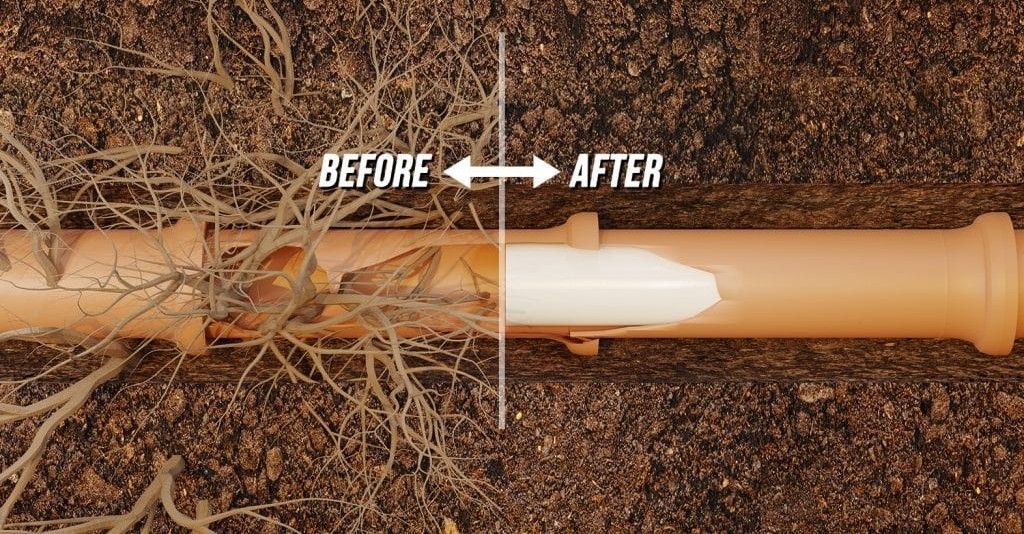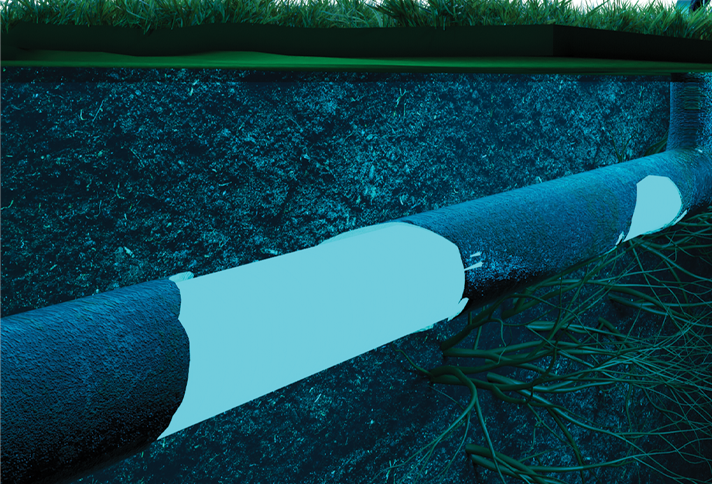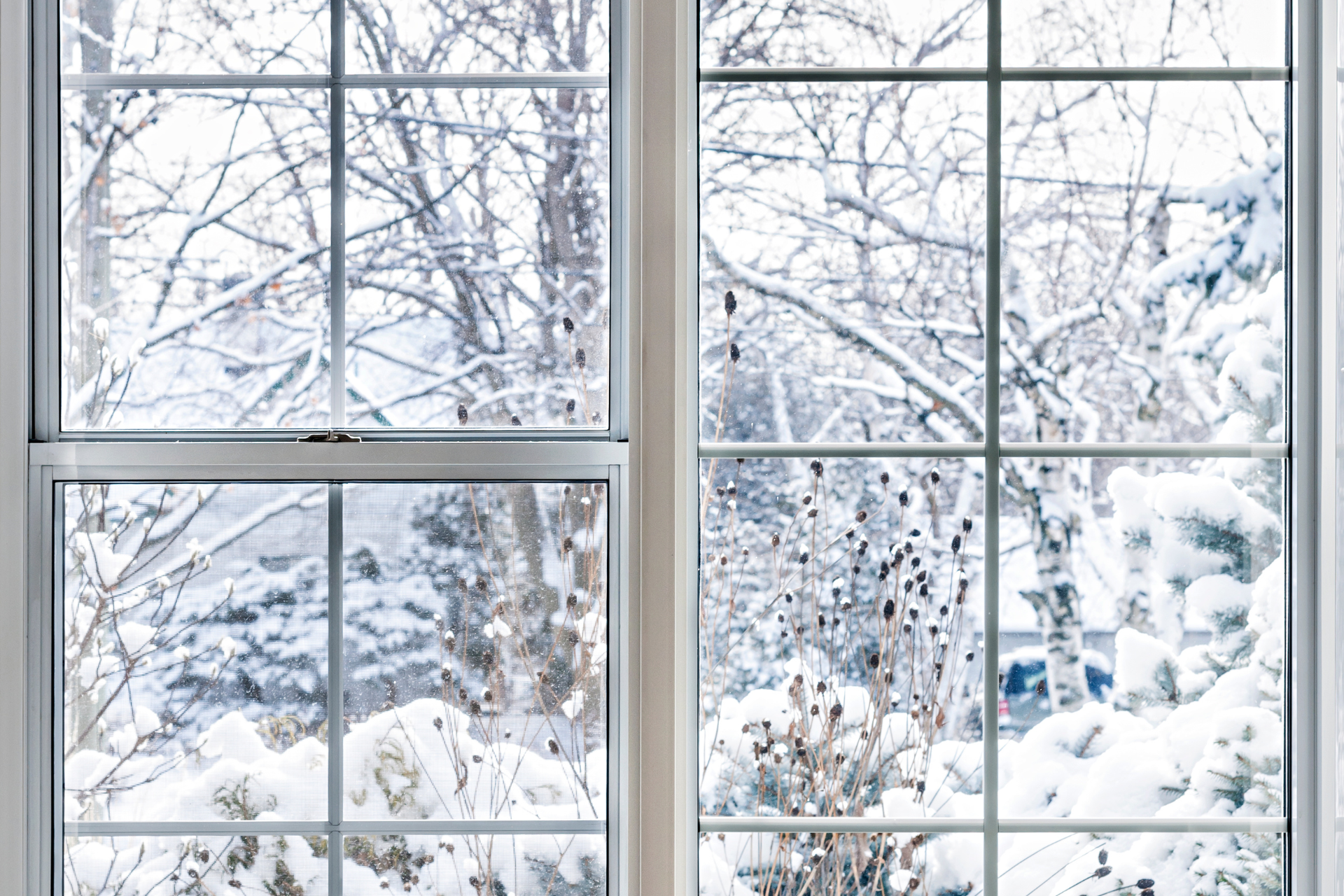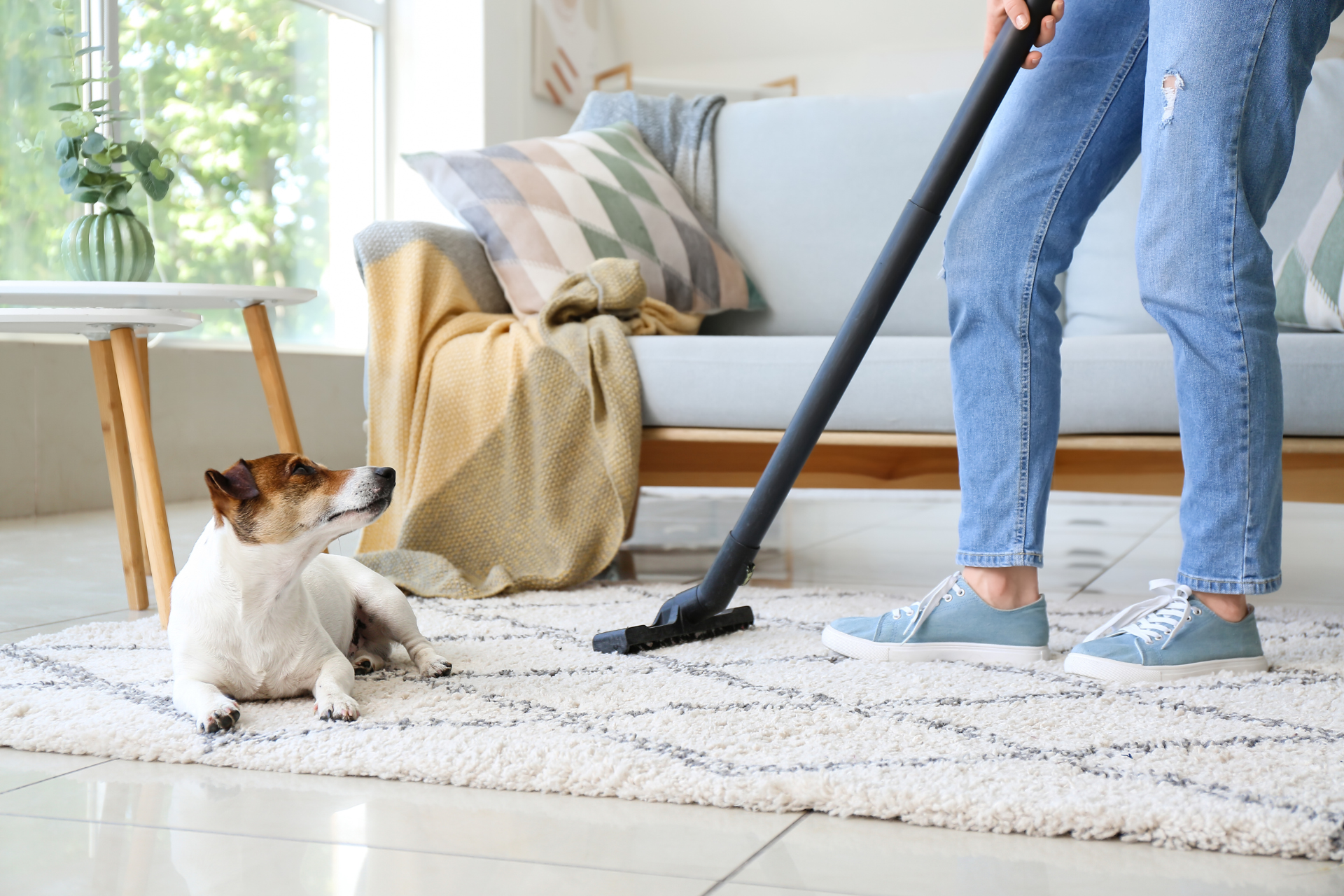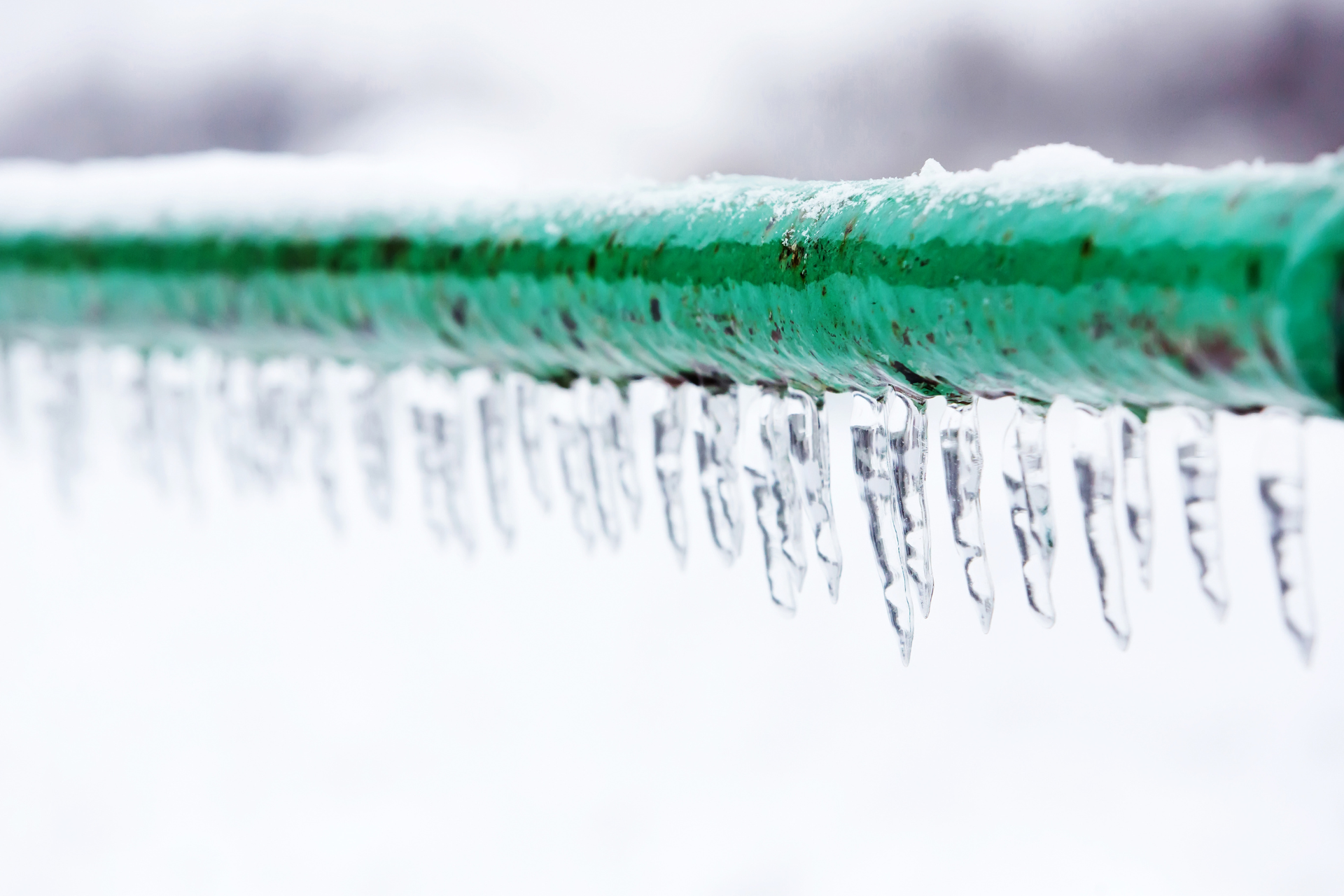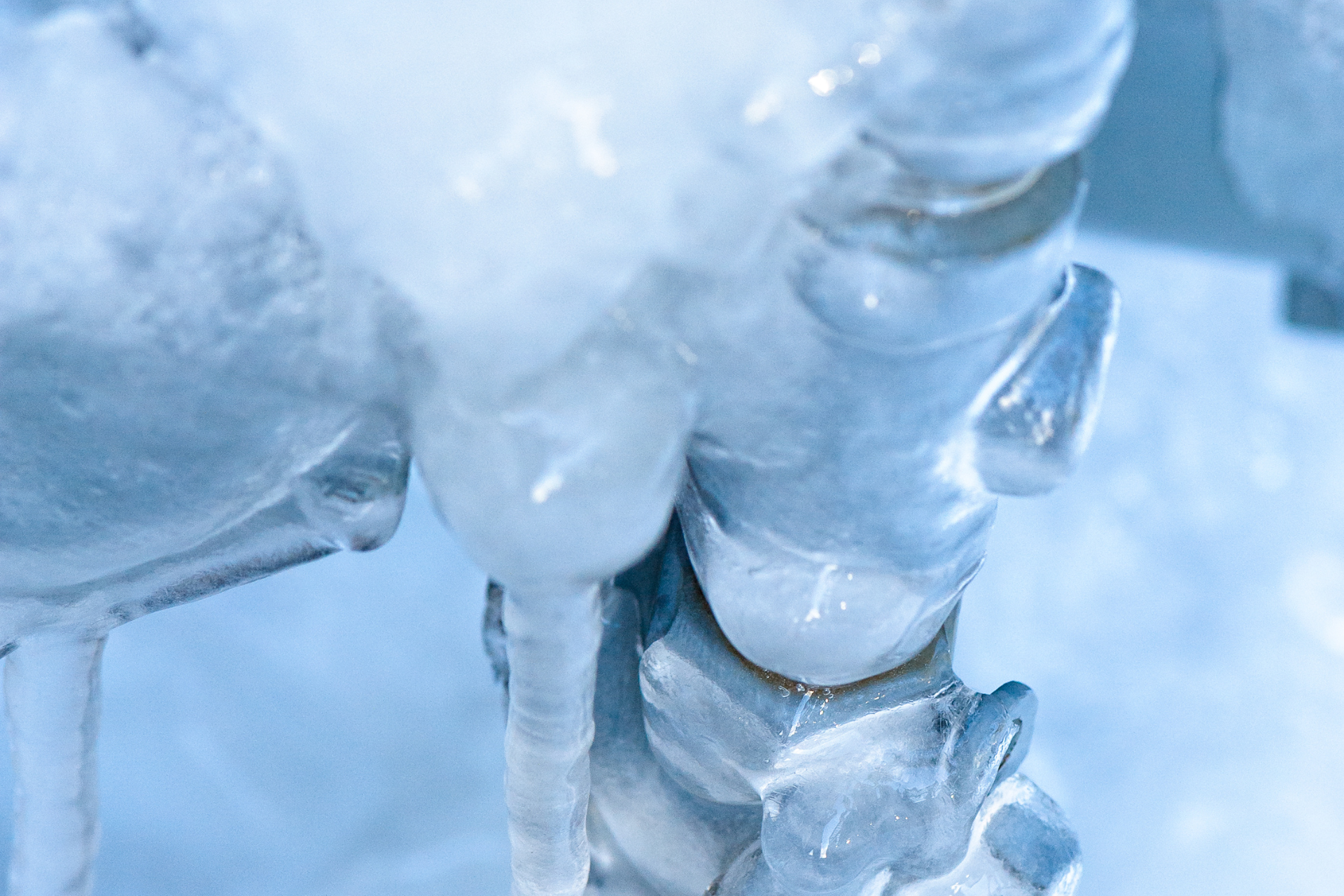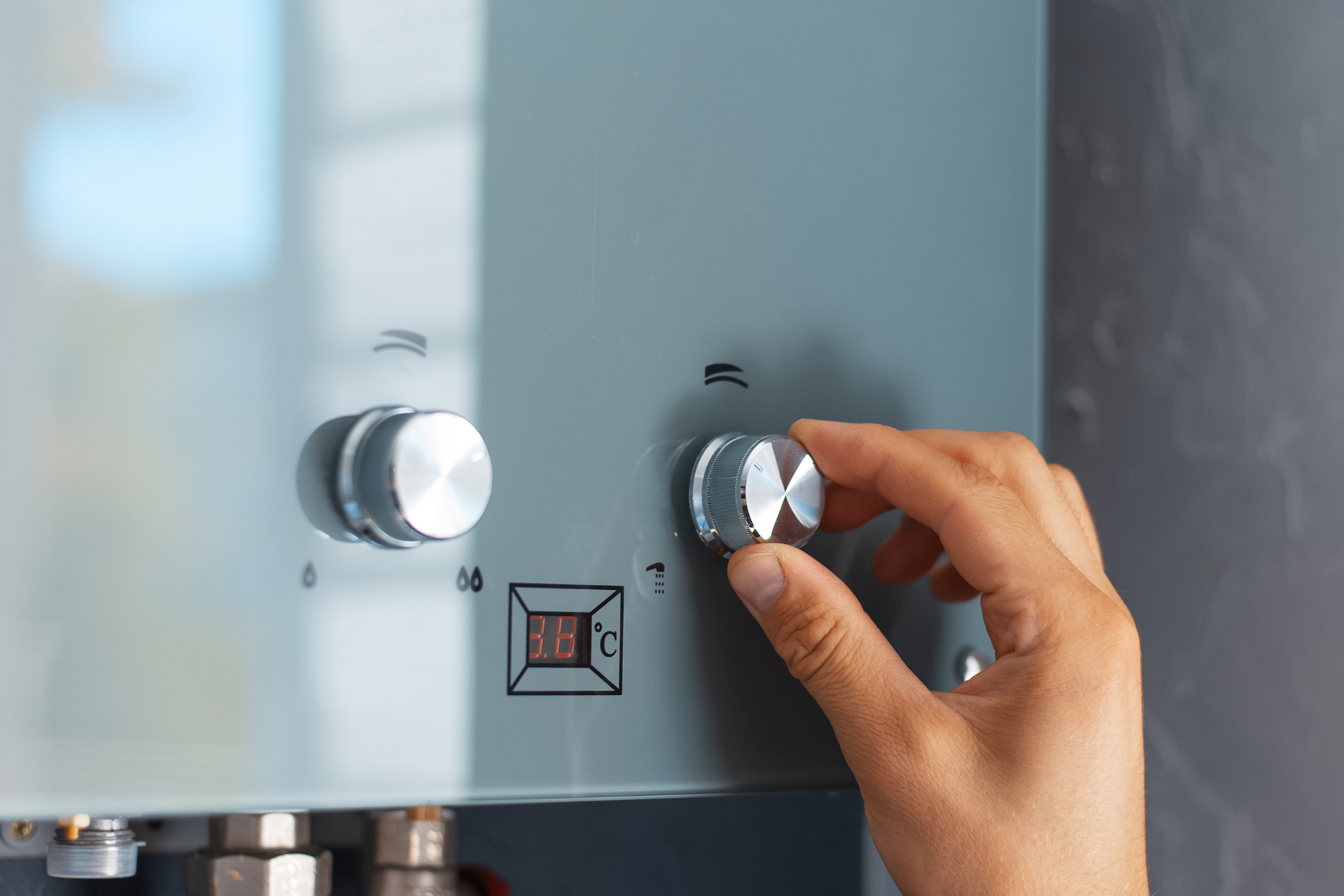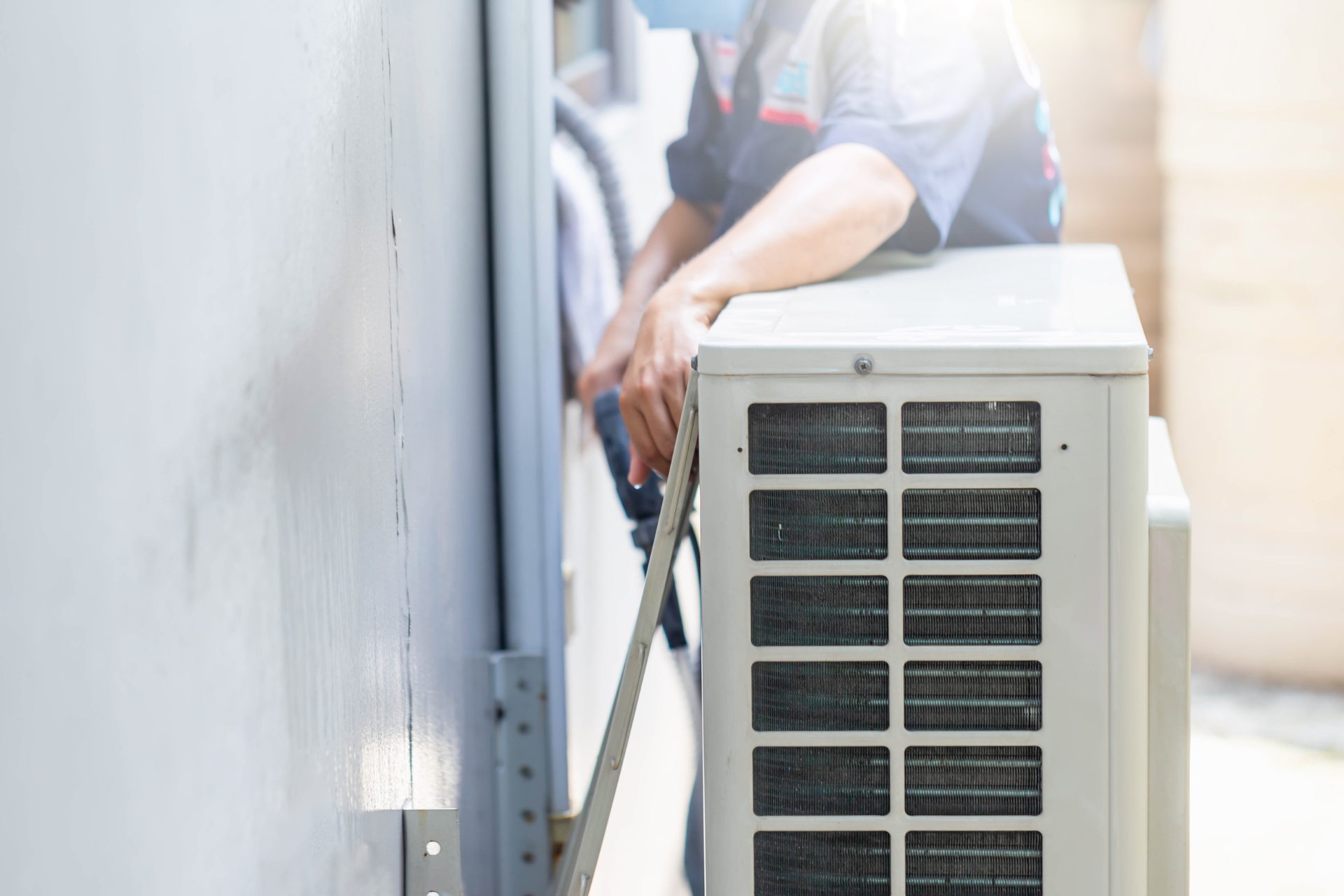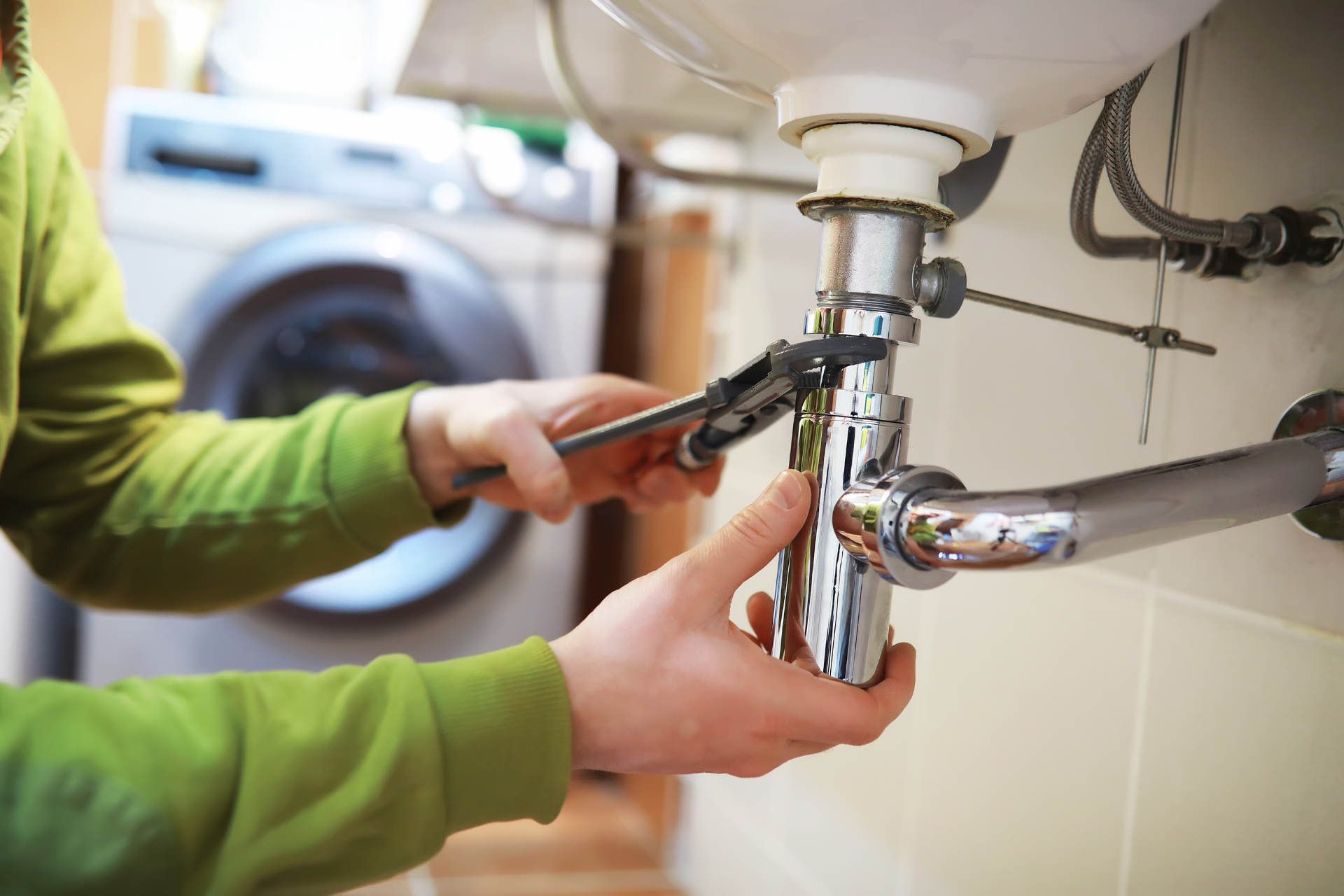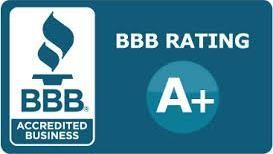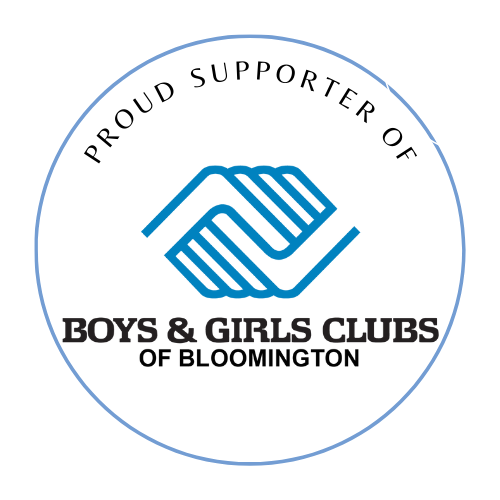Could Your HVAC System Be Making Your Allergies Worse?
If you or your family members suffer from allergies, your home's HVAC system could be playing a bigger role than you think. Poor indoor air quality can aggravate allergy symptoms, leading to sneezing, congestion, headaches, and even long-term respiratory issues. According to the Environmental Protection Agency (EPA), prolonged exposure to indoor air pollution can cause immediate discomfort and may contribute to chronic health problems over time.
Your HVAC system is responsible for circulating air throughout your home, but if not properly maintained, it can also spread allergens like dust, pet dander, mold spores, and even harmful gases. Regular HVAC maintenance is essential to improving indoor air quality and reducing allergy triggers. Let’s explore some key factors that could be making your allergies worse and how to address them.
1. Dust and Dirty Air Filters
One of the main culprits behind poor indoor air quality is a dirty or clogged air filter. Your HVAC system relies on filters to trap dust, pollen, and other airborne particles before they circulate through your home. However, when filters are not replaced regularly, they can become overloaded, allowing allergens to pass through and recirculate.
Solution: Change your air filter at least every three months—or more frequently if you have pets or live in a high-pollen area. Consider upgrading to high-efficiency particulate air (HEPA) filters, which are designed to trap even the smallest allergens.
2. Mold Growth in Your HVAC System
Mold thrives in moist environments, and certain parts of your HVAC system—such as the drip pan, evaporator coils, and air ducts—can create the perfect conditions for mold growth. Once mold spores enter the air circulation, they can cause allergic reactions and respiratory problems.
Solution: Schedule routine HVAC inspections to detect and eliminate mold early. If you suspect mold growth in your air ducts or unit, an HVAC technician can clean and sanitize the affected areas. Additionally, using a dehumidifier can help control moisture levels in your home, reducing the risk of mold buildup.
3. Pet Dander and Pollen Circulation
If you have pets, their dander can get trapped in your HVAC system and circulate through your home, exacerbating allergy symptoms. Similarly, pollen from outside can enter your home through open doors and windows and get trapped in your system’s air filters and ductwork.
Solution: Regularly vacuum and dust your home to minimize pet dander buildup. Keep windows closed during high-pollen seasons and use an air purifier to reduce airborne allergens. You can also consult an HVAC professional about installing an advanced filtration system that can help capture pet dander and pollen more effectively.
4. Carbon Monoxide and Indoor Air Quality
Carbon monoxide (CO) is an invisible, odorless gas that can cause health problems, including symptoms that mimic allergies, such as headaches, dizziness, and nausea. Low-level exposure over time can be harmful, making it crucial to ensure your HVAC system isn’t leaking CO.
Solution: Install a carbon monoxide detector in your home and have your HVAC system inspected regularly for leaks. If your HVAC technician detects any issues, they can recommend repairs or system upgrades to keep your home safe.
5. Lack of Regular HVAC Maintenance
An HVAC system that isn’t properly maintained can become a breeding ground for allergens and contaminants. Dust, mold, and bacteria can accumulate in the ductwork and components, leading to poor air quality and worsened allergy symptoms.
Solution: Schedule annual HVAC maintenance to ensure your system is clean and operating efficiently. This includes duct cleaning, checking for mold and leaks, and replacing filters. Regular maintenance not only improves indoor air quality but also extends the lifespan of your system and enhances energy efficiency.
Breathe Easier with Professional HVAC Maintenance
Your HVAC system should help improve your home's air quality—not make it worse. By taking simple steps like changing air filters, cleaning ducts, and scheduling routine maintenance, you can reduce allergens in your home and create a healthier living environment for your family.
If you're concerned about your indoor air quality, Riverway Plumbing can help! Our team of experienced HVAC professionals is here to inspect, clean, and optimize your system to ensure better air circulation and allergen reduction. Contact Riverway Plumbing today at (812) 327-8080 to schedule a consultation and start breathing easier!
